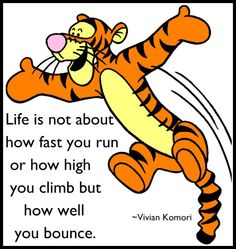I’ve been following the tweets from all the events this week, and there have been quite a few! Working in paediatrics, #RCPCH15 has been my main interest, but there’ve also been a few other streams on patient safety. One of the themes that has come up has been around medication errors. Some errors are clearly defined: an illegible signature or drug name; a dose calculation that’s gone wrong. Others aren’t that simple.
Some arise from uncertainty in the medical world: there are different ways of prescribing common medicines like antibiotics, or even paracetamol. Some medications may be more accurately dosed based on a child’s age; and others may depend on their weight. There’s also balance to be struck between accuracy and pragmatism. Syrups of antibiotics might be easier to dose by age because that usually means 5mls or 10mls doses; calculations by weight could mean measuring a dose of 3.76mls (which I’m not even sure is possible to do consistently). If we prescribe a dose which is easy to measure and dispense but is less accurate than one calculated on weight, is that an error? Or is deliberately prescribing an accurate but unmeasurable dose an error?
Some medications are prescribed pro re nata or PRN; to be given as needed. Defining when something is needed isn’t always that obvious, even when an indication is given on the drug chart. Is my definition of “thick secretions” the same as somebody else’s? Perhaps. We’re on much shakier ground when it comes to giving paracetamol for a fever (because I don’t usually, but I will if the fever is making a child miserable or unwell).
The other errors are even harder to define. Before I even get as far as the drug chart, making the decision to prescribe a medication has potential for error. What influences our decision to prescribe? We gather information from different sources; missing a vital piece of information could make the difference between starting a medication and not; choosing the right dose; picking which preparation to use… Nursing staff who know much more about their patient than I do because they spend a whole shift with them; families who’ve spent their child’s whole life learning about them.
In a single day, I’ve relied on families to tell me that we’ve got the right preparation of an anti-epileptic medication (we hadn’t); that their child looked puffy and was carrying too much fluid; and that their doses had been adjusted since their last clinic appointment (letter not yet on the system).
Gathering the information is a vital part of the decision-making process: getting it wrong; making decisions without that can be disastrous. Sometimes, we don’t have access to all the sources, but when we do, it is part of responsible prescribing to take account of that information. (I am not saying that we prescribe on demand; but that we take account of all the information that we access to).
Is failing to take account of this information a medication error? Because I think it’s more of an issue than mis-calculating a dose. It might not be as easy to measure, or record but that doesn’t mean it’s not important.
